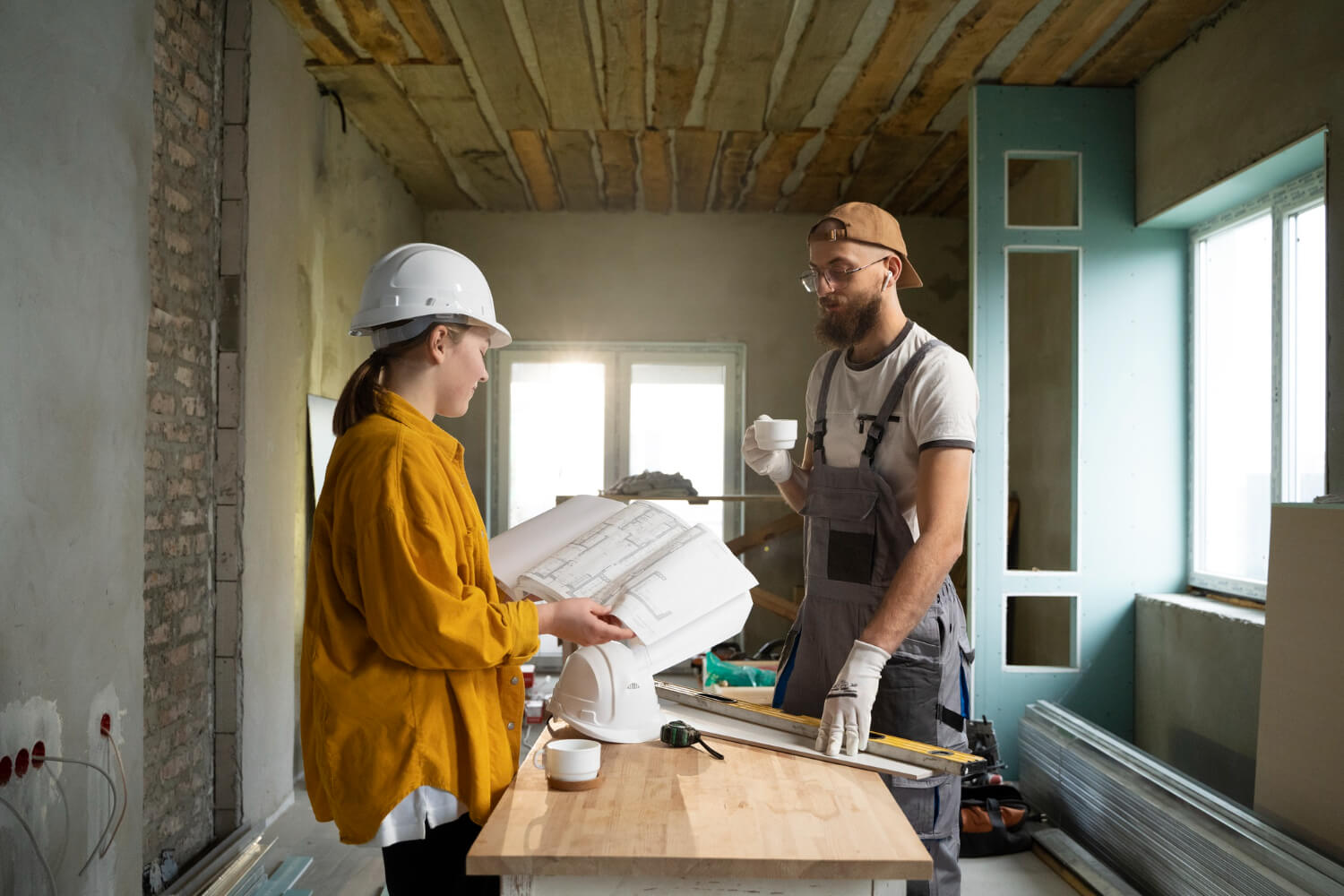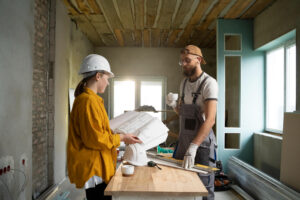Building your dream home is an exciting journey, but it often comes with the burning question: How long does it take to build a custom home? At Prime Building and Development, we understand the anticipation surrounding this process. In this comprehensive guide, we’ll delve into the intricacies of custom home construction, providing insights into the typical timeframe and factors that can influence the duration. If you’re embarking on this thrilling adventure, read on to discover everything you need to know about the timeline of building a custom home.
How Long Does It Take to Build a Custom Home?
Embarking on the journey of constructing a custom home involves meticulous planning and execution. On average, the timeline for building a custom home can vary, but understanding the general timeframe is crucial for a smooth experience. Typically, the process can be broken down into three key phases:
Custom Home Build Timeline Explained
Pre-construction: 9 – 12 months
Before the actual construction begins, ample time is dedicated to pre-construction activities. This phase involves securing permits, finalizing designs, and selecting the right builders and contractors.
Construction: 12 months*
The construction phase is where your dream home starts taking shape. While the industry standard is around 12 months, variables like the home’s size and complexity can influence this duration.
Cleaning, punch list, closing: 1 month
After construction is complete, there’s a final month allocated for cleaning, addressing any remaining tasks on the punch list, and completing the closing process.
What Factors Can Increase Build Time?
Ensuring a realistic expectation for your custom home build timeline involves recognizing potential factors that could lead to delays. Here’s an in-depth exploration of the key elements that may extend the construction process:
Site Preparation and Approvals:
The initial phase of site preparation involves tasks like land clearing, excavation, and ensuring the site is ready for construction. Delays may arise if unexpected challenges, such as environmental concerns or complex soil conditions, surface during this preparatory stage. Additionally, obtaining necessary approvals from local authorities can contribute to the overall timeline. Factors like zoning regulations, environmental impact assessments, and other bureaucratic processes can introduce unpredictability into the schedule.
Design and Planning Stages:
The meticulous design and planning stages are crucial for a successful custom home project, but they can also be potential sources of delays. Changes in design preferences, unforeseen structural challenges, or the need for additional reviews and approvals can elongate this phase. Effective communication between homeowners, architects, and builders is essential to streamline the design process and minimize potential setbacks.
Weather Conditions:
Mother Nature plays a significant role in the construction timeline. Adverse weather conditions, such as heavy rainfall, extreme temperatures, or storms, can impede progress. Construction activities like pouring concrete, framing, and exterior work are particularly sensitive to weather conditions. While certain weather-related delays may be unavoidable, experienced builders incorporate buffers in the schedule to mitigate the impact of inclement weather.
Not Having the Appropriate Permits:
Obtaining the necessary permits is a critical step in the construction process. Delays can occur if there are complications in securing permits due to regulatory changes, incomplete documentation, or unforeseen challenges during the application process. A proactive approach, where all permits are obtained well in advance, can help prevent unnecessary delays and keep the construction timeline on track.
What Can Homeowners Do to Make a Project Move Faster?
Homeowners can play a pivotal role in ensuring a timely and efficient construction process. Here are proactive measures that homeowners can take to expedite the custom home building process:
1. Select the Suitable Builder:
Choosing the right builder is a cornerstone for a swift and successful construction project. Prioritize builders with a proven track record, excellent communication skills, and a thorough understanding of your vision. Conduct thorough research, check references, and engage in open conversations to establish a strong partnership from the outset.
2. Hire an Interior Designer:
Incorporating an interior designer early in the process can significantly streamline decision-making and enhance the overall efficiency of the project. Interior designers bring a wealth of expertise in material selection, space planning, and aesthetic cohesion, reducing the likelihood of design-related delays and ensuring a cohesive vision from conception to completion.
3. Leave Wiggle Room in the Budget:
Unforeseen challenges or changes can arise during construction, making it crucial to have a contingency budget. By anticipating potential additional costs and setting aside a financial buffer, homeowners can navigate unexpected circumstances without jeopardizing the project timeline. This strategic financial planning contributes to a smoother and more resilient construction journey.
4. Understand the Lead Time for Specific Items and Supplies:
Certain materials and fixtures may have longer lead times than others. Collaborate closely with your builder and suppliers to identify critical items that require early ordering. By proactively addressing lead times, homeowners can avoid unnecessary delays and ensure that all essential components are available when needed in the construction timeline.
5. Ensure Your Builder Plans Regular Site Walks and Visits with You:
Regular communication between homeowners and builders is essential for maintaining transparency and addressing concerns promptly. Schedule regular site walks and meetings with your builder to stay informed about progress, discuss any potential issues, and make timely decisions. This proactive involvement fosters a collaborative environment and keeps the project on track.
6. Stick to the Original Design as Much as Possible:
While adjustments may be necessary, major design changes mid-construction can lead to delays and additional costs. Strive to finalize the design before the construction phase begins and resist the temptation to make substantial alterations once the project is underway. Clear communication during the planning stages ensures that the original vision aligns with expectations, minimizing the need for significant modifications.
By implementing these proactive measures, homeowners can contribute significantly to a smoother, faster, and more successful custom home building experience. Engaging with experienced professionals, maintaining open communication, and being well-prepared for potential challenges are key elements in promoting the timely realization of your dream home.
How Can Prime Building and Development Help With Your Custom Home Build?
Prime Building and Development prioritizes efficiency and quality in every custom home project. Our experienced team is well-equipped to handle any challenges that may arise during construction, ensuring a smooth and efficient completion of your dream home.
Contact Prime Building & Development to Turn your Dreams Into a Reality!
Ready to turn your dream home into a reality? Contact Prime Building and Development today to kickstart your custom home journey. With our expertise and commitment to excellence, we’ll guide you through every step of the process, ensuring a seamless and satisfying experience. Call us now to bring your vision to life!






